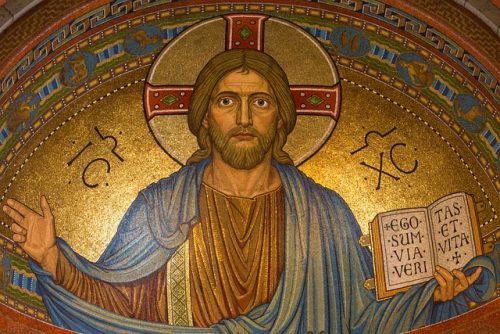Do and Say
Mark 14 After supper when Jesus instituted the Lord’s Supper, He took them to the Garden. How is that they did not notice that Judas was not with them? And, when they saw the contingent of soldiers with Judas, how did they not connect the words of Jesus that one would betray Him? How did […]




